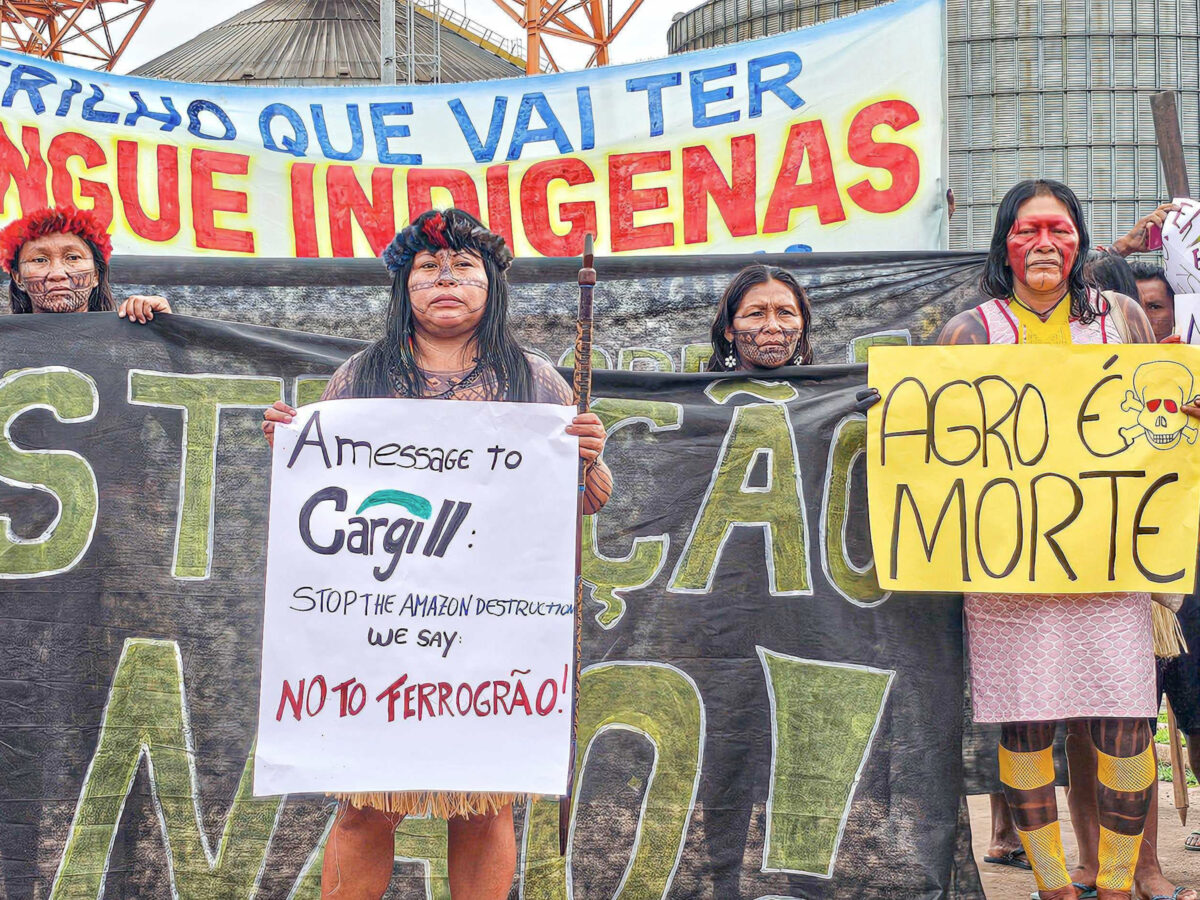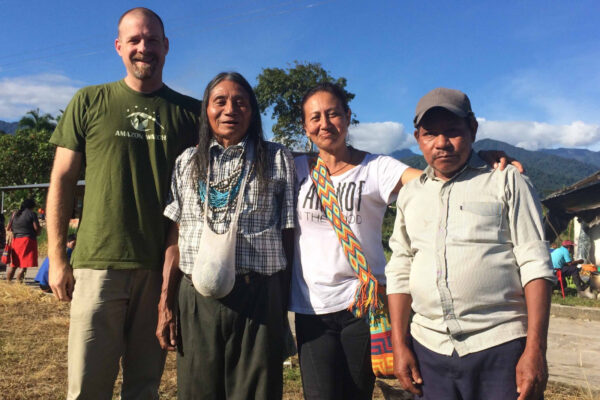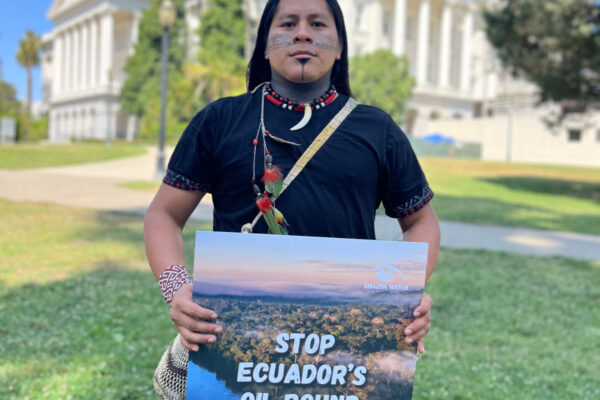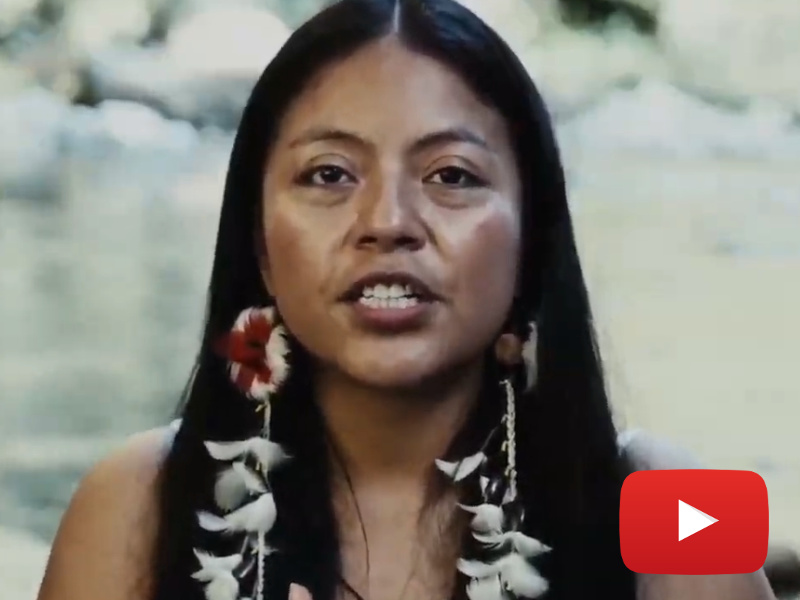On the banks of the Tapajós River, where barges of soy and minerals already tear through fishing nets and leave dead fish behind, we see a glimpse of what could multiply with Ferrogrão. The 933-kilometer railway between Sinop (MT) and Miritituba (PA) is sold as a logistical solution, but in practice, it means more deforestation, land invasions, and poisoning of territories and forests.
Supporters argue that Ferrogrão would reduce emissions compared to road transport. But the math doesn’t add up: cumulative impacts – including deforestation, monoculture crops, and pesticides – show that it’s not enough to simply compare fuel types. Studies by the Federal University of Minas Gerais (UFMG) indicate that the affected municipalities hold 9.8 million hectares of intact forests and savannas, at risk of conversion into farmland, undermining the balance of the Xingu and Tapajós river basins.
The Munduruku people already feel these impacts. In the Praia do Índio and Praia do Mangue lands in Itaituba (PA), soy ports contaminate the water and restrict fishing. If the railway moves forward, grain transport along the Tapajós could increase sevenfold, worsening this scenario.
Even economic logic cannot justify this project. Research from the Amazônia 2030 initiative shows that realistic financial returns are up to seven times lower than projected, meaning more subsidies paid by the public to benefit Cargill, Bunge, and Amaggi. Furthermore, international markets demand traceability and zero deforestation; products linked to destruction could be blocked, undermining the very flow the agribusiness lobby claims to want to facilitate.
Ferrogrão is the backbone of a corridor that transforms the Amazon into a commodity export route and condemns Brazil to a subservient role. Along with it will come more ports and the conversion of rivers into waterways.
In August, the government included the Madeira, Tocantins, and Tapajós rivers in the National Privatization Program, allowing large companies to turn them into industrial waterways. On the Tocantins, they plan to blow up the Lourenção Rapids, a breeding zone for fish and unique species. All in blatant violation of ILO Convention 169, which guarantees free, prior, and informed consultation. And, on the eve of COP30 in Belém, this regression weakens Brazil’s credibility before the world.
It is in this context that the Federal Supreme Court will rule on Direct Action of Unconstitutionality (ADI) 6.553 (regarding the Ferrogrão route) on October 1. The decision is not just about a railway, but about upholding the Constitution and the country’s ability to limit agribusiness pressure.
Science and ancestral knowledge warn that deforestation is already compromising the “flying rivers” that sustain rainfall in the Center-South, and that without standing forest, no agriculture can survive. And with dead rivers – like open veins for agribusiness profits – any future and sovereignty will bleed away.
But alternatives exist. With land regularization, demarcation, and titling of territories, we can guarantee a living forest, livelihoods, and climate balance. Instead of benefiting foreign corporations, we must strengthen local economies, diversify production, and value socio-biodiversity. Ferrogrão is not a solution. It is a shortcut to Brazil’s climate, agricultural, food, and economic collapse.
Alessandra Korap Munduruku, Indigenous leader from the Middle Tapajós, is president of the Pariri Indigenous Association and a Goldman Prize winner.
Renata Utsunomiya, public policy analyst on transportation in the Amazon for the Infrastructure and Socio-Environmental Justice Working Group, holds a PhD in environmental science from the University of São Paulo.














